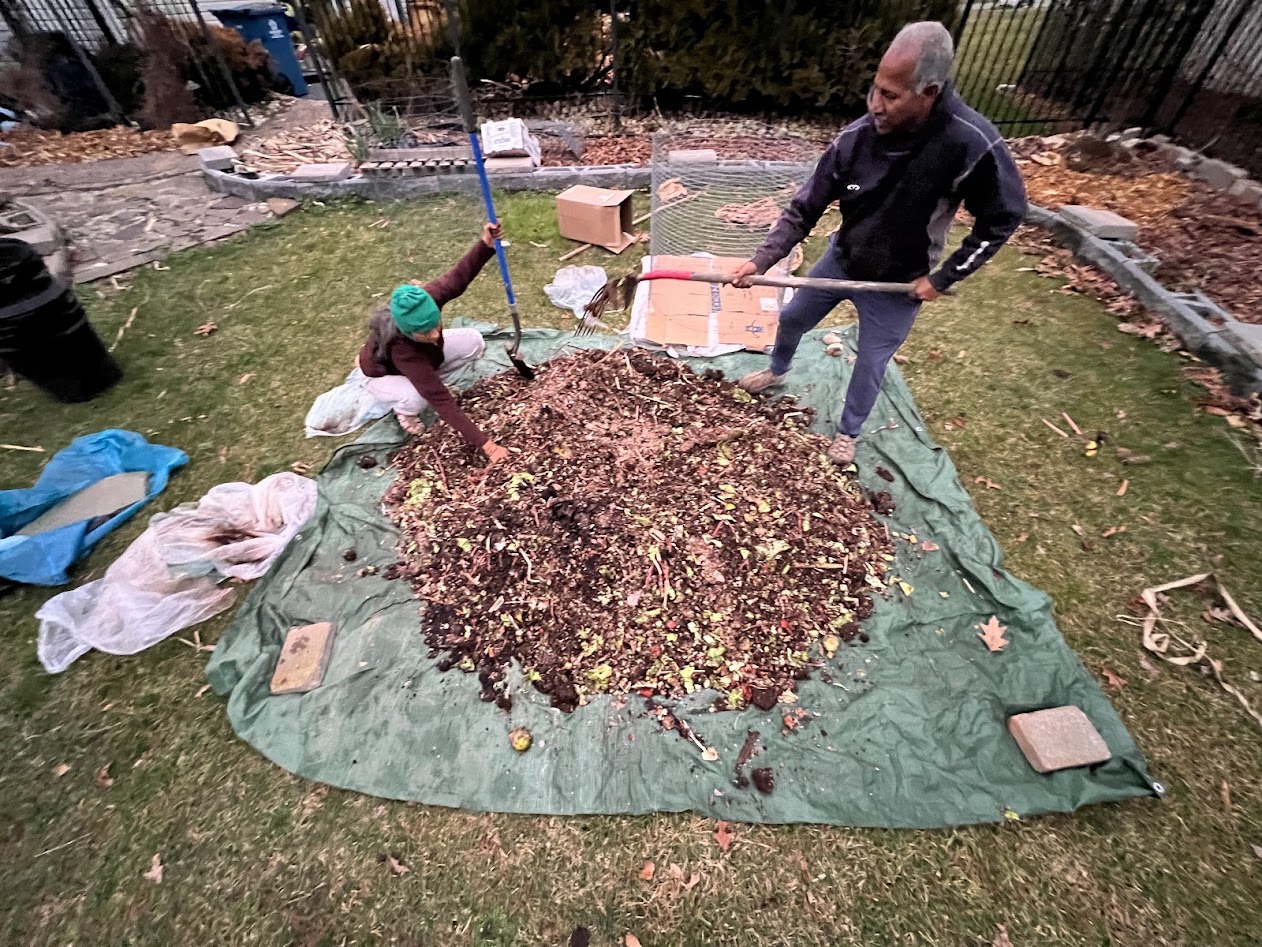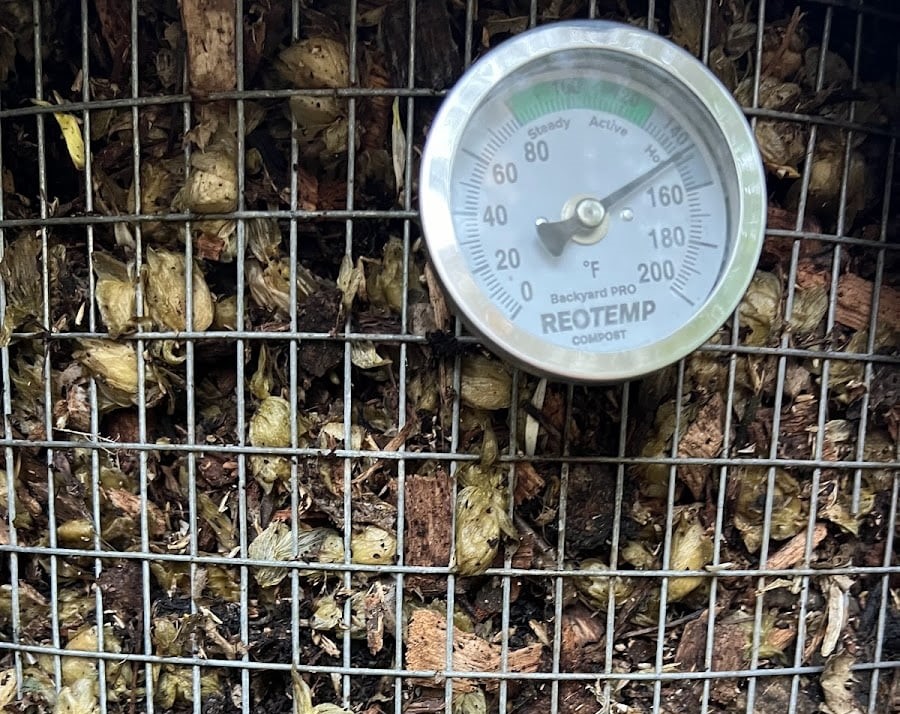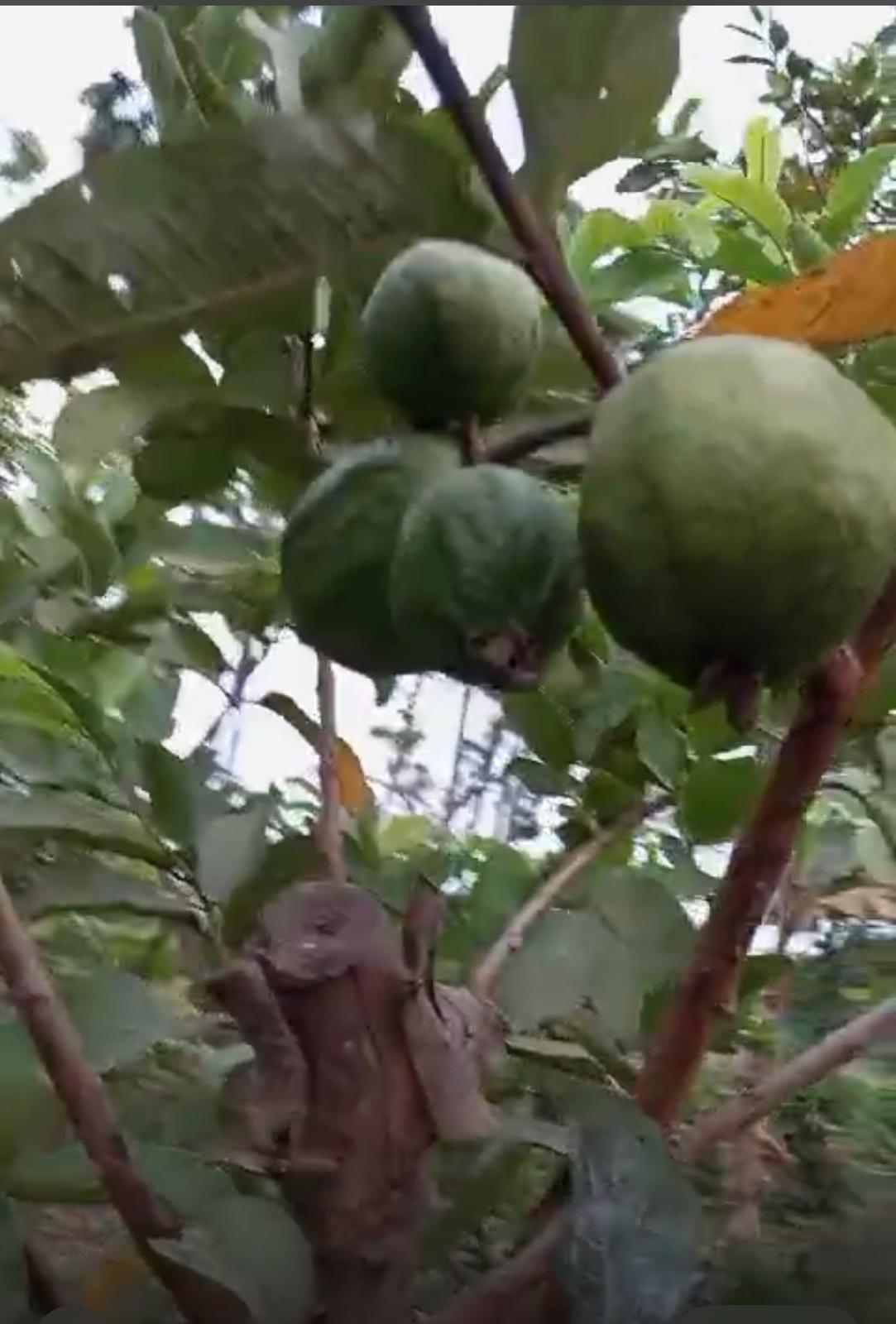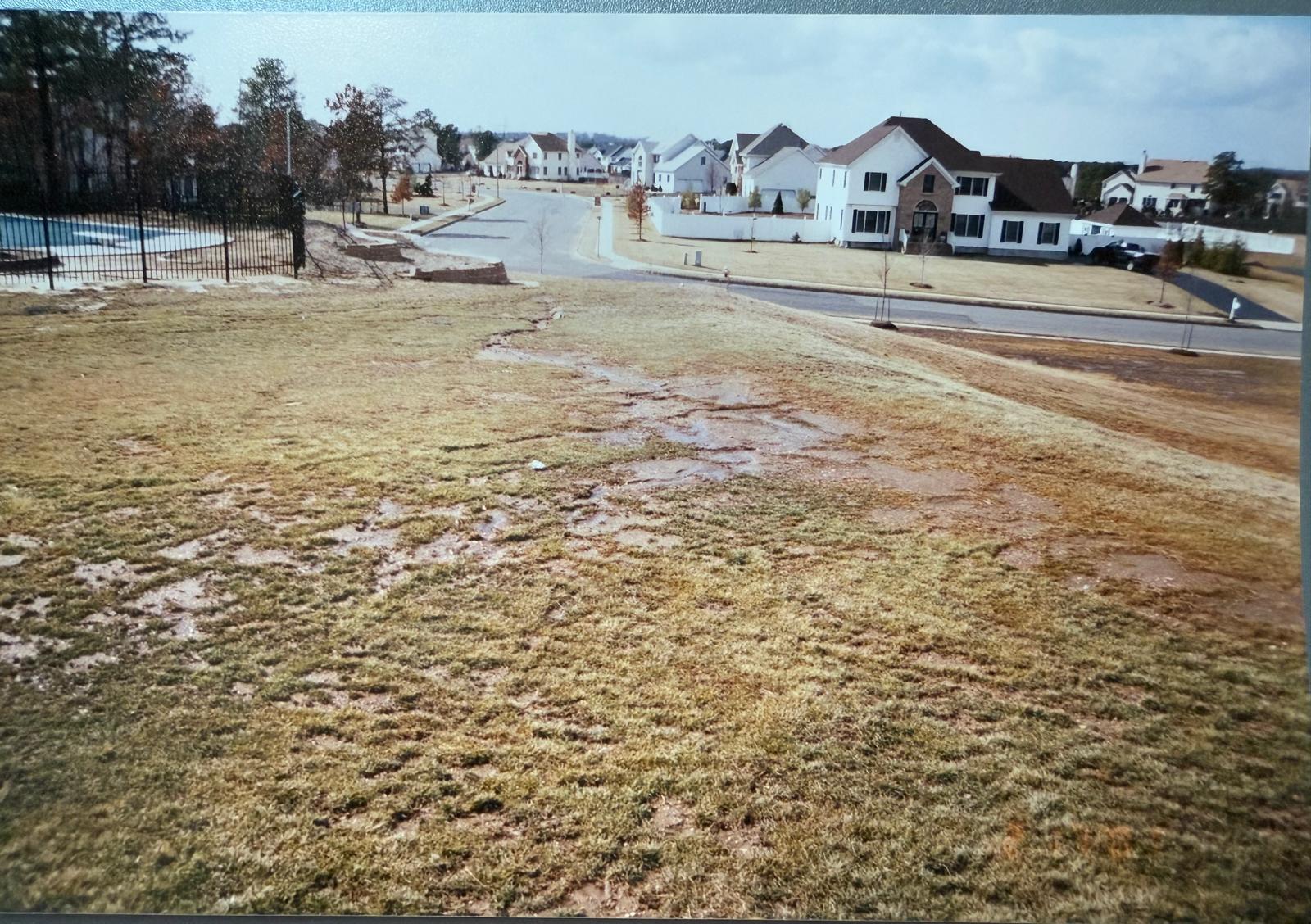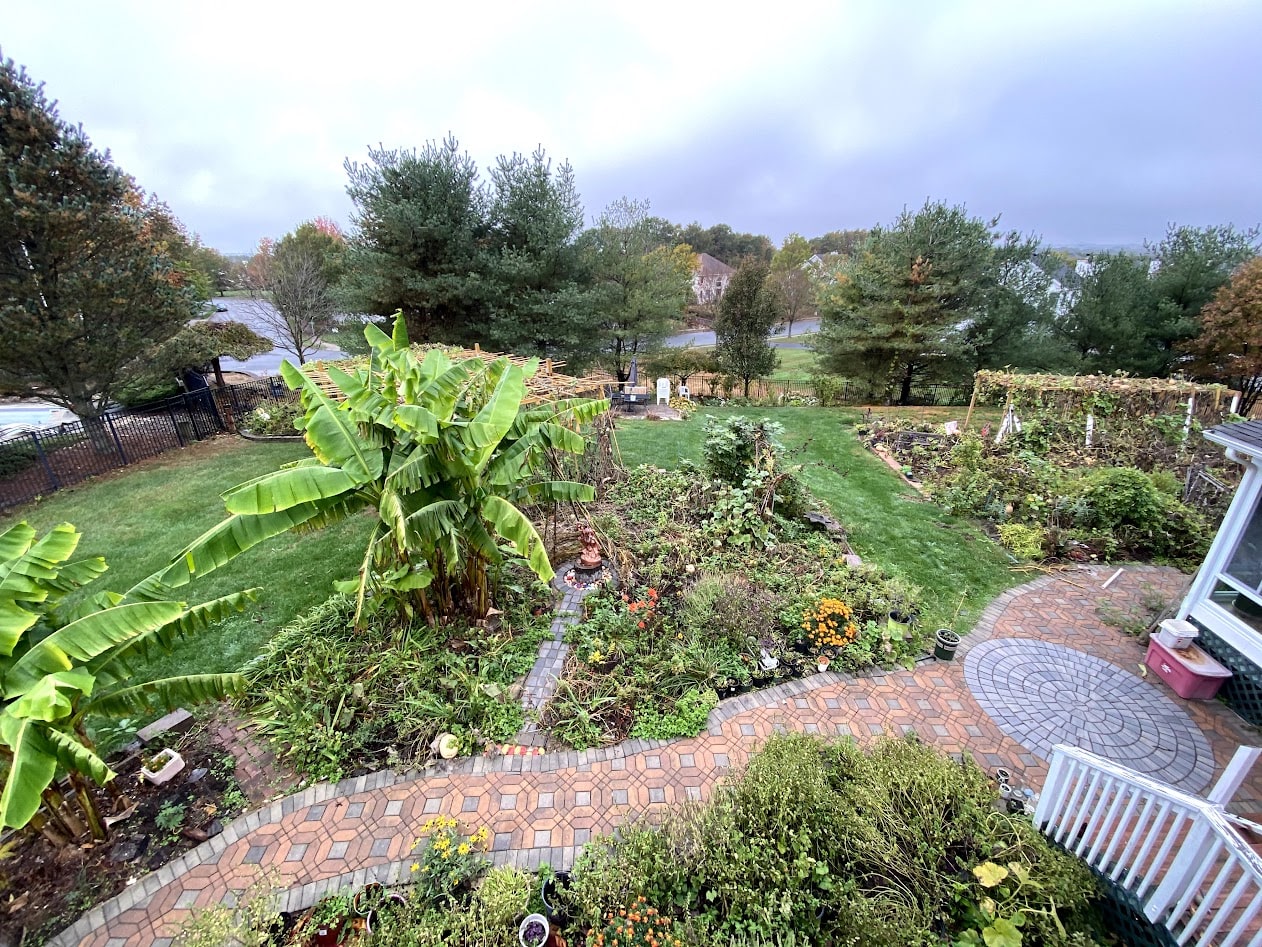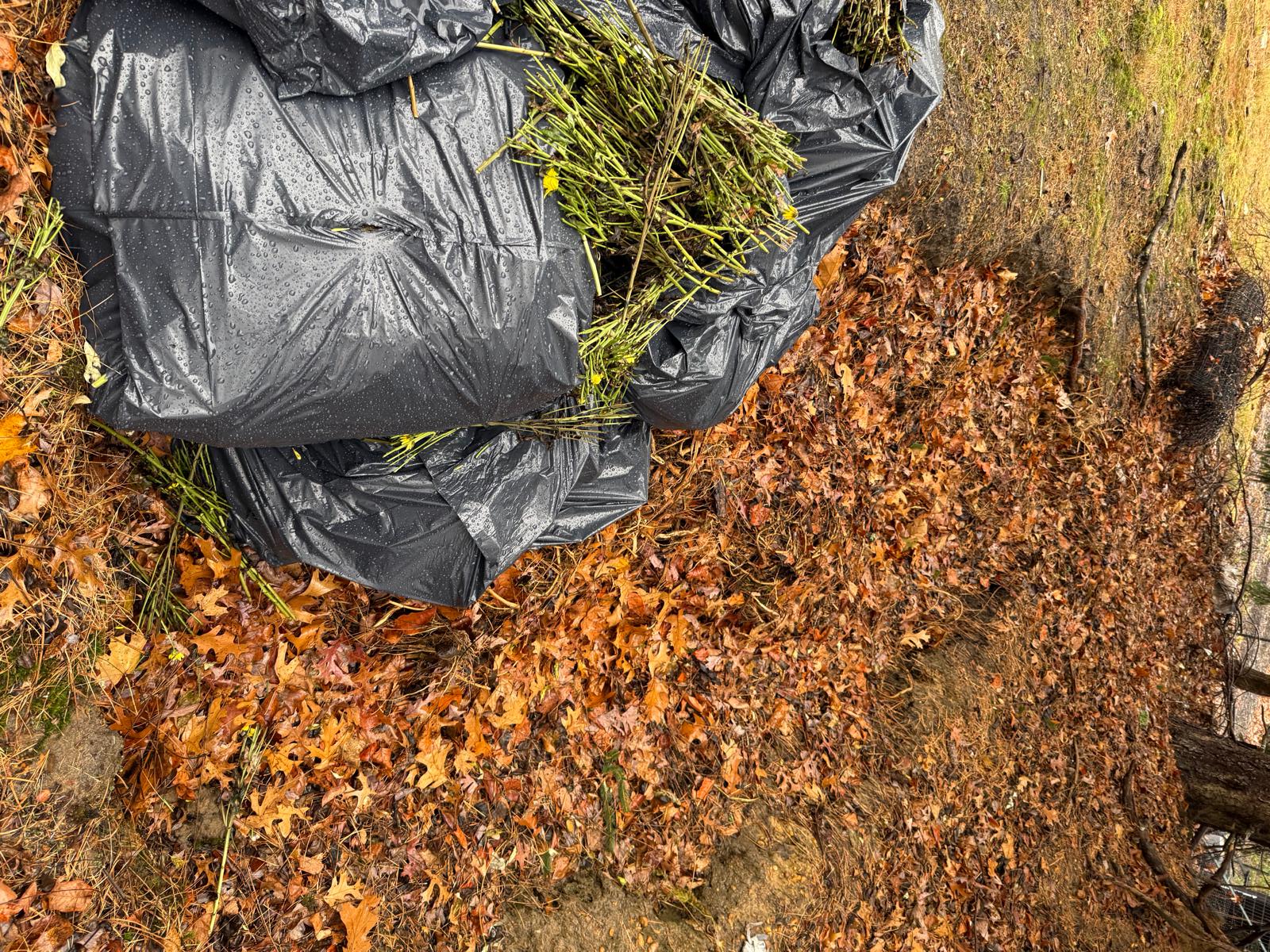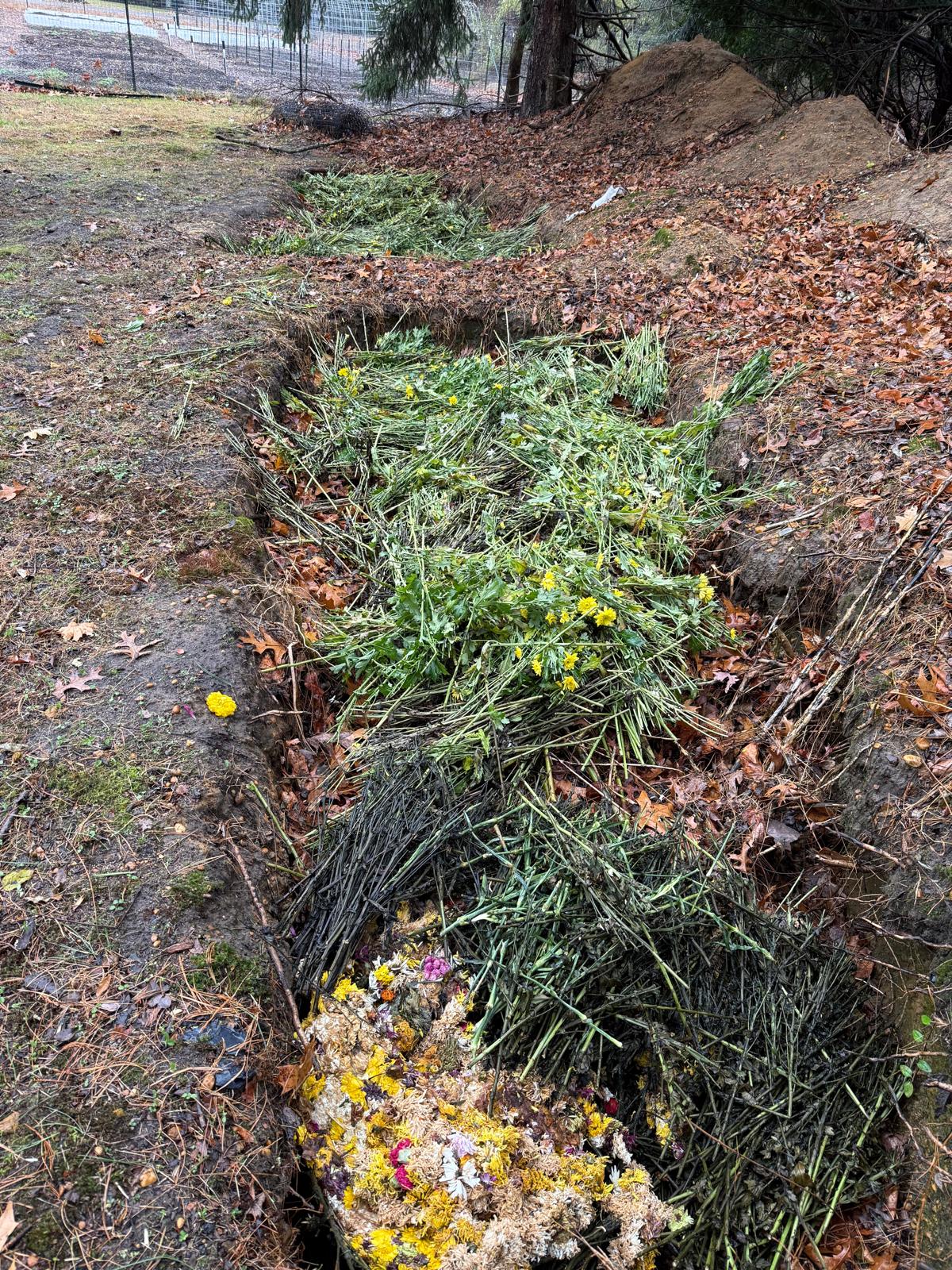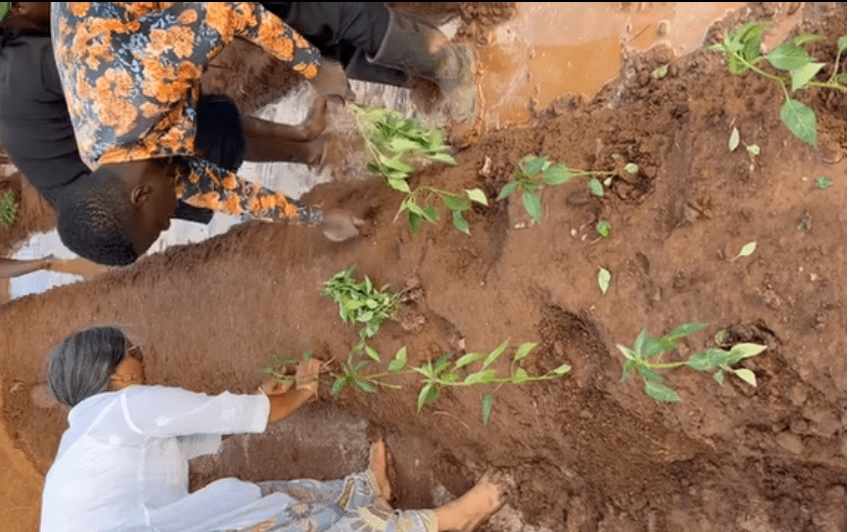Explore Our Portfolio
Discover our commitment to addressing soil health through innovative practices. Our portfolio showcases the impacts of soil depletion and highlights our initiatives aimed at restoring vitality to our ecosystems. Each project represents a step toward sustainable soil management, ensuring that future generations inherit rich, fertile land. Join us in exploring how we can combat soil degradation and promote a healthier environment for all.
Thermophilic composting requires a precise carbon-to-nitrogen ratio, with high-nitrogen feedstock added after turning to maintain temperature. Through experimentation, we've utilized diverse materials: brewery spent grains, Starbucks coffee grounds, used mushroom blocks, landscapers' grass clippings, grocery store vegetable scraps, neighborhood fall leaves, and various animal manures. Our learning journey has been rewarding, knowing we've diverted tons of potential landfill waste back to nature, which in turn nurtures us. It's a fulfilling cycle of resource recovery and regeneration.
Managing a 2.5-acre inherited organic guava orchard in India led to innovations in pruning techniques. By implementing a modified central leader system with strategic seasonal pruning, we achieved 40% higher fruit yields while maintaining optimal tree height for easy harvesting. The pruning approach focuses on creating an open canopy structure that maximizes sunlight penetration and air circulation, resulting in improved fruit quality and reduced disease pressure. This experience demonstrates the successful blend of traditional knowledge with modern horticultural practices.
During winter, kids would sled from our house down to the road, and neighborhood children soon joined in. Being new to the country in 2000, this worried us. However, this challenge became an opportunity to redesign our space into a paradise. Now, except in winter, our backyard is the heart of all gatherings, flourishing with vegetables, flowers, fruits, and herbs. Friends and family head straight there whenever they visit. We're deeply grateful for the physical and mental well-being this sacred space provides us.
Sri Krishna Temple in central New Jersey serves as a vital cultural and social hub for the South Asian community. Through the Sri Krishna Temple Garden Project, we demonstrate a commitment to service and sustainability by composting all organic materials from the temple, including flowers, fruits, garlands, and kitchen scraps. This nutrient-rich compost supports a thriving community garden, which provides fresh produce for the temple kitchen to prepare meals for the devotees.
During September-October 2023, I consulted for a chili farm in Rwanda, working with the Teja variety. We produced most organic inputs on-site, and I brought my microscopy equipment to Kigali to ensure inoculum quality. We ended up getting a good yield with nice color and good price. Another rewarding aspect was establishing a small vegetable garden for local residents next to the chili farm. Known as the "country of thousand hills," Rwanda's beautiful landscape left a lasting impression.



